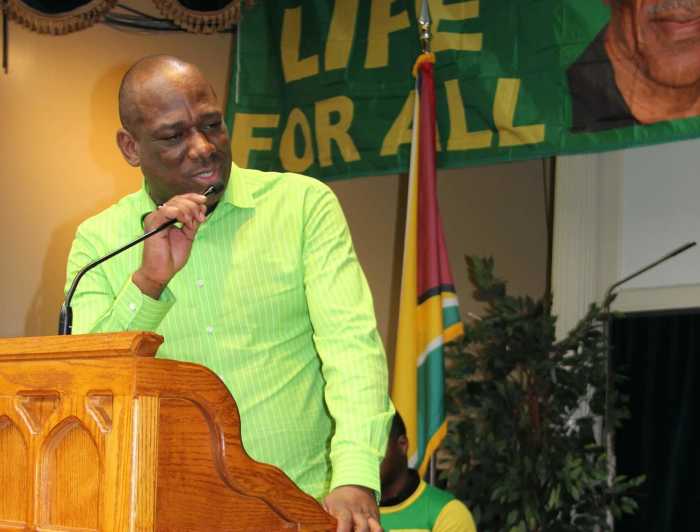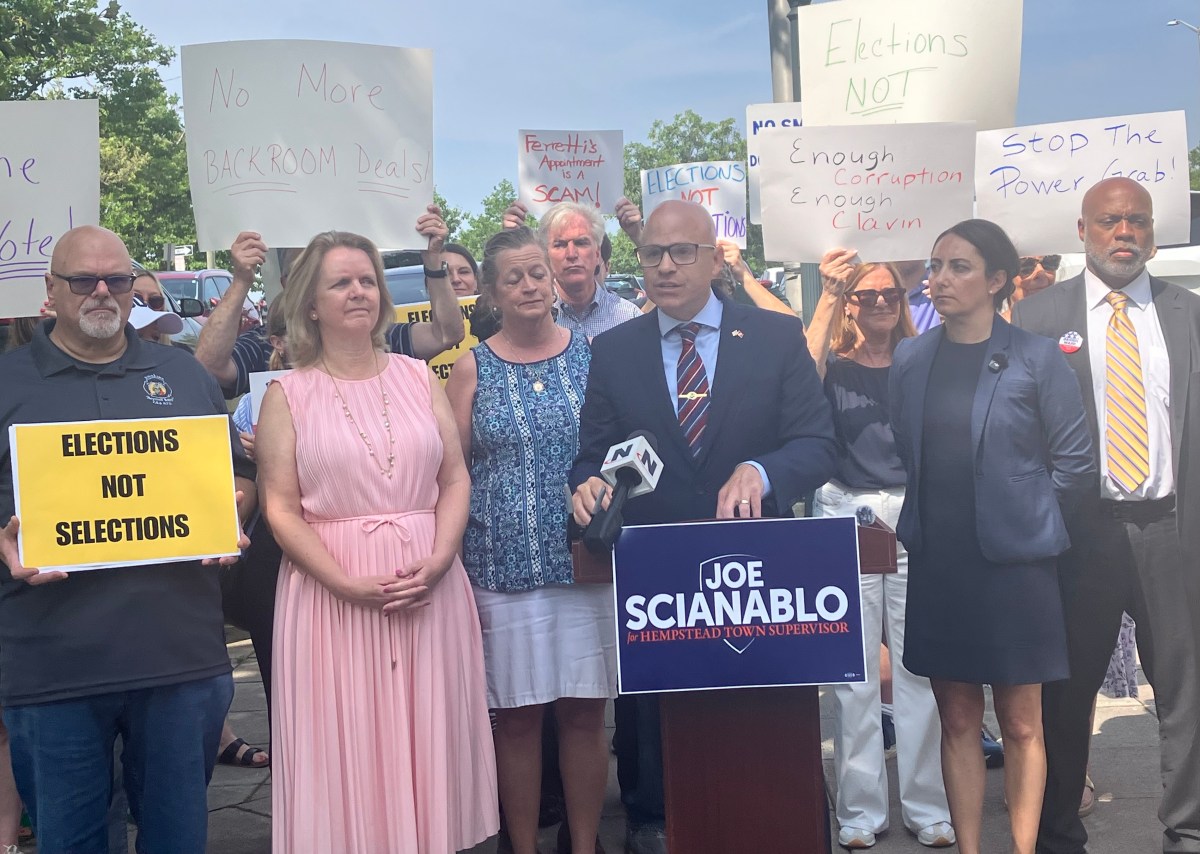A Guyanese bipartisan select parliamentary committee is set to pore over draft petroleum legislation that would include jail time and heavy fines for locals and industry players who take bribes from oil operators and will also have clauses aimed at ensuring that the country is not cheated of its resources as Guyana prepares for actual oil production in late 2019-2020.
When actual production begins at a planned rate of about 100,000 barrels per day, Guyana would easily become the largest daily producer of oil in the bloc of 15 Caribbean Community nations, surpassing Trinidad’s declining rate — now at about 70,000— neighboring Suriname at 15,000 and Barbados at about 1,000 from its onshore wells.
Jamaica, Barbados, Grenada, the Bahamas and Belize are all getting ready to or are in the early stages of exploring for both on and offshore deposits of oil and gas.
Trinidad has already offered to refine Guyana’s sweet, light crude being just a few hundred miles from Exxon’s offshore location and with more than 100 years of oil and gas experiences behind it.
A bill to eventually enact the petroleum commission has already been tabled in the assembly but the committee will first fine tune it before a full debate and approval in the coming weeks.
This is happening as the country is moving quickly to ready itself to switch from dependence on traditional foreign exchange earners such as gold, rice, sugar, bauxite and timber to one dominated by oil and gas following the mid 2015 discovery of “world class” by US oil giant, ExxonMobil.
Examination of the bill by the two parties in the 65-seat parliament comes as Exxon is switching the focus of its top management from exploration to production specialists.
Original Country Manager Jeff Simons will at the end of this month give way to Rob Henson at the end of April as preparations are ramped up away from exploration to readiness for production.
Henson is being pulled from an Exxon subsidiary in Argentina to take over from Simons who presided over the exploration phase and the successful drilling of five of the six wells drilled so far. Work is currently progressing at Liza number four – the seventh — after commercial quantities were found at the Snoek Well in late March. In all 17 wells will be drilled in this phase.
Apart from jail time and heavy fines for locals who take bribes and inducements from any oil operator, the bill will have clauses to ensure the country is not cheated out of its resources, especially the reckoning of daily production at the offshore facility. Fines of up to $25,000 for graft are proposed and jail terms of up to five years if found guilty.
The commission will be tasked with “ensuring accurate calibration and certification of equipment used for fiscal measures for petroleum activities, participate in the measurement of petroleum to allow for estimation and assessment of royalty and profit from oil or gas due to the state and be responsible for the approval of the excise, ascertain the cost of oil or gas due to operators, and provide necessary information to the relevant authority for the collection of taxes and fees from petroleum operations.”
Additionally, commissioners will be debarred from holding shares in any company operating in the sector as such would be a conflict of interest. The commission will comprise specialists in geosciences, engineering, economics, finance or law. The minister is also authorized to appoint the deputy chairperson and the secretary to the board, who shall not be a board member.



















